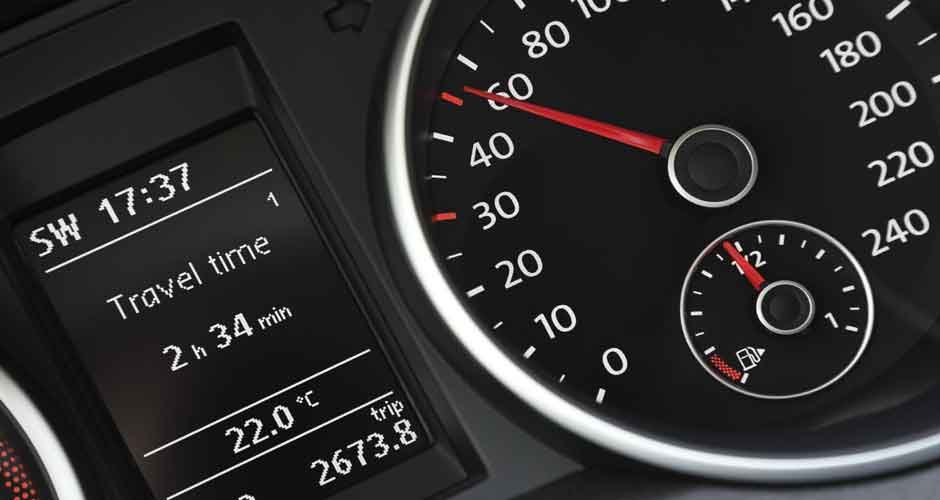Your car’s AC system is an important component that helps maintain a comfortable drive. Driving a vehicle on a hot summer day with no AC is no less than a struggle and a source of anxiety. However, a common problem with most cars is that the car loses power whenever the AC turns on.
If you have experienced a situation where your car takes longer to accelerate than usual and doesn’t respond quickly to throttle when the AC is turned on, don’t worry because you are not alone.
There could be various reasons your car loses power when using the air-conditioning. Here, we will be looking at some common reasons why your engine loses power when the AC is on and how you fix such problems.
Why Does AC Affect the Engine Power?
When you turn on the AC, your engine has to work harder to power the compressor and condenser fan.
As the engine delivers power to the compressor and condenser, power is divided, and the wheels won’t get the full power to move the car forward.
However, if your engine and other components are working properly, then the effect of the power drop will not be noticeable. The primary effect of using air conditioners in the car is that your fuel economy is sacrificed.
If the engine is working fine and delivering optimal power, then you won’t notice any loss of power while accelerating, but if your car feels sluggish when using AC, then there might be some underlying problems that compromise power delivery.
What are Common Causes of Engine Losing Power While AC is On
Let’s look at some of the common reasons why your engine loses power when you turn on the AC.
1) AC Condenser is Clogged
The blockage of the condenser is caused by external debris; as you know, the condenser is placed at the front of the car and is exposed to road debris. After some time, when dust keeps striking the front of your car, the condenser will be clogged.
The fins of the condenser can be damaged due to debris continuously striking them, causing them to bend. When the fins are damaged, then airflow is affected. The damage will reduce heat transfer efficiency. The condenser can be repaired or replaced from any reputed auto repair in Houston.
When the condenser is clogged, your AC stops working efficiently, and the engine will have to provide more power than usual to keep the AC running. The AC is responsible for dissipating heat from the refrigerant. When the condenser is not working, then no heat will be dissipated, and the compressor will withdraw more power from the engine, resulting in decreased power while accelerating.
2) The Air Filter is Clogged
The engine air filter is a part of your car’s air intake system; it prevents dust and debris from entering the engine. The air filter is made up of paper, foam, or fabric filter that prevents dirt and other particles from entering.
As the air filter keeps gathering contaminants from the road, it will be clogged after some time. The air filter has an important role in your engine’s combustion process; if it becomes blocked, then the amount of air needed in the combustion chamber is not delivered, causing the fuel not to burn efficiently.
A bad air filter looks dark in color and is filled with large amounts of dust and debris. It’s recommended to change your air filter with every oil change. If you frequently drive in areas where the car is exposed to debris, you should consider replacing the air filter sooner.
3) Dirty Throttle Body
The throttle body is a part of the air intake system of a car’s engine and controls the amount of air that goes into the engine to regulate the fuel-to-air ratio. Just like the air filter, when the throttle gets clogged with dirt, it can cause your car to lose acceleration, most likely when the air-conditioner is on.
A dirty throttle disturbs the fuel-to-air ratio. There will be enough fuel in the chambers but not enough air to burn it due to the engine having to work harder than usual, which causes a drop in acceleration.
4) AC Compressor is Not Working Efficiently
The compressor is an essential part of your car’s air conditioning system. The compressor works to compress the refrigerant gas and deliver it to the evaporator.
The compressor is driven by a pulley which is connected to the engine belt. If the compressor is not working properly then the engine will have to work harder for driving the compressor due to which you will experience a loss of power.
Sometimes the compressor might be working fine but the belt will be loose or broken due to which the engine works harder to keep the compressor moving.

